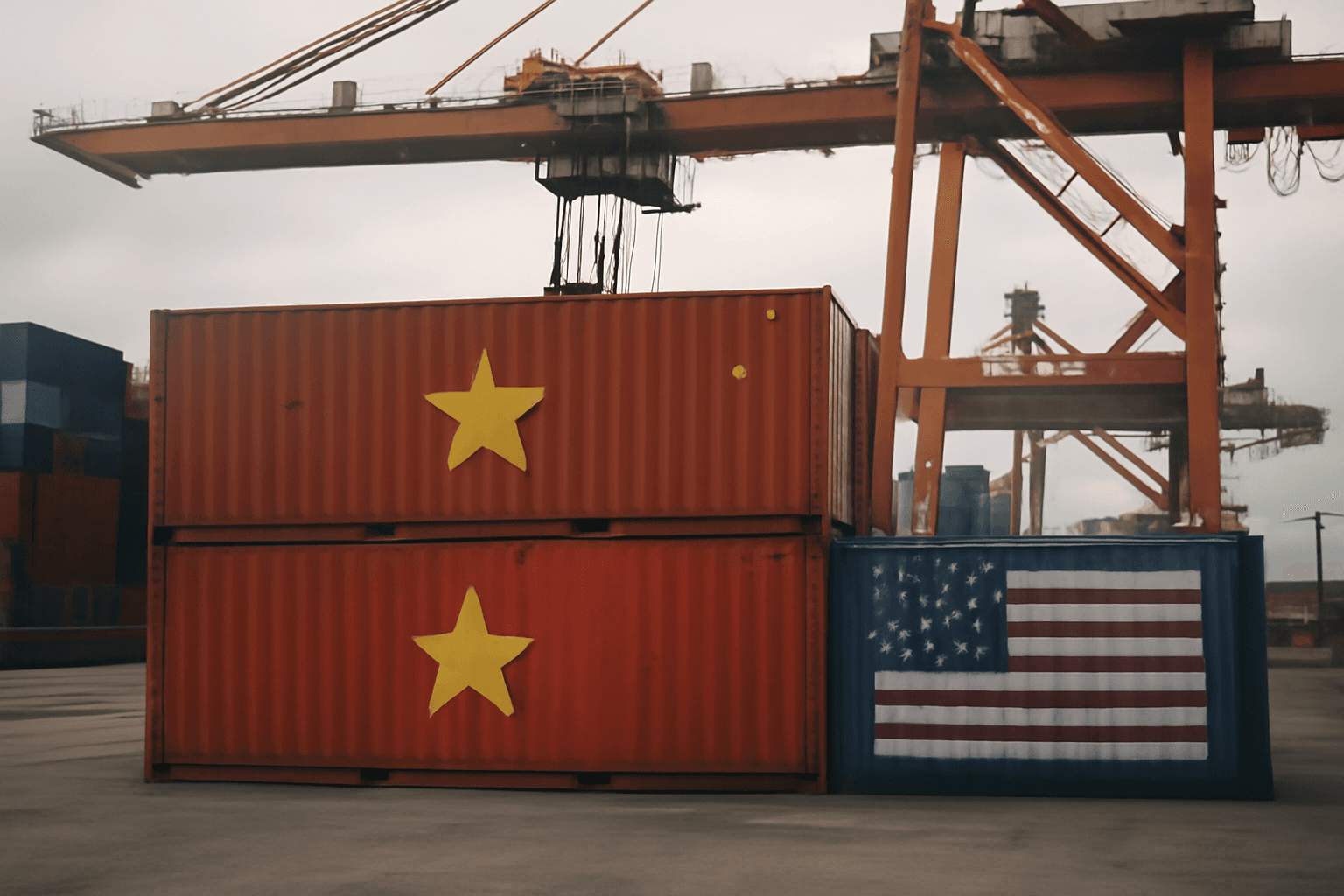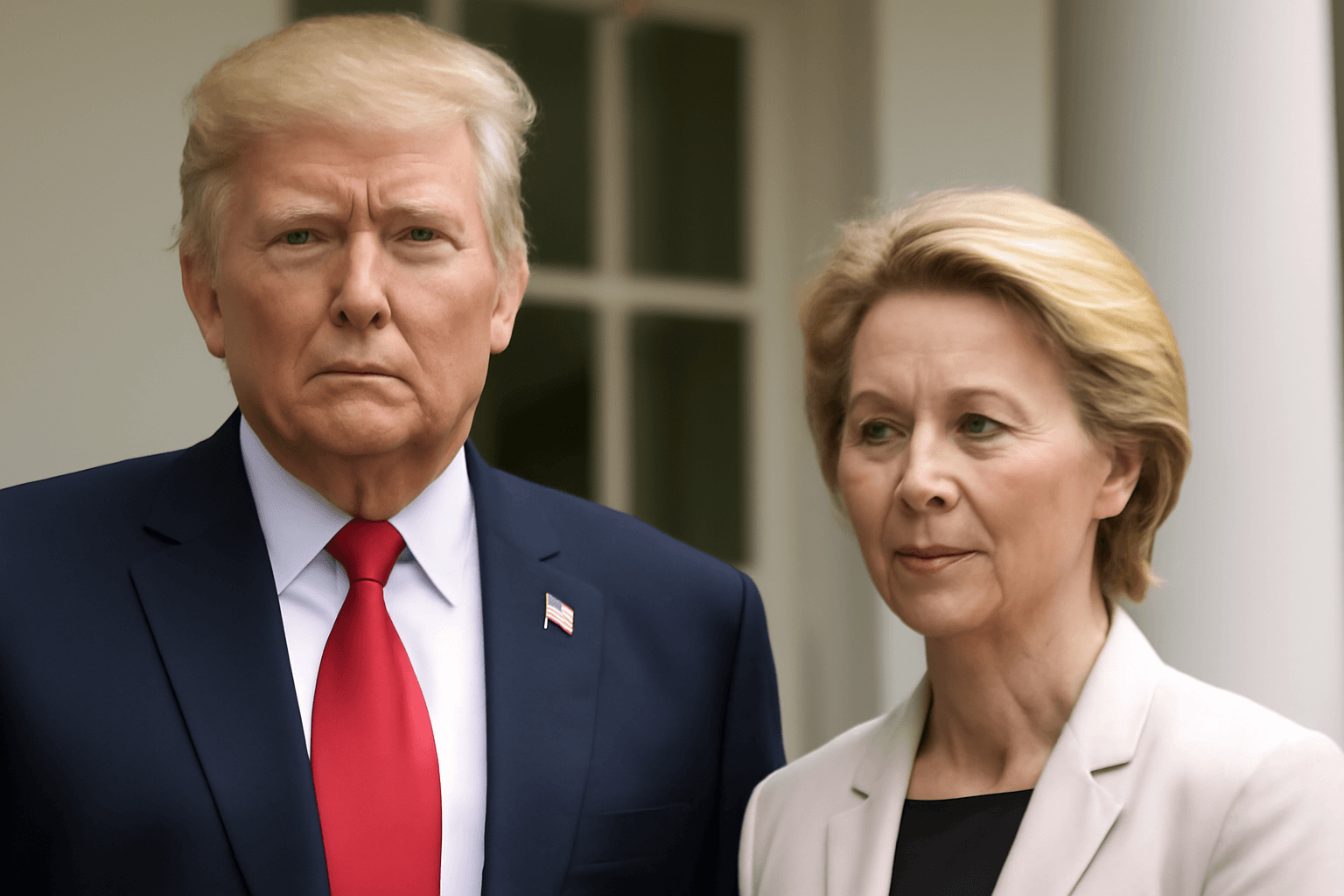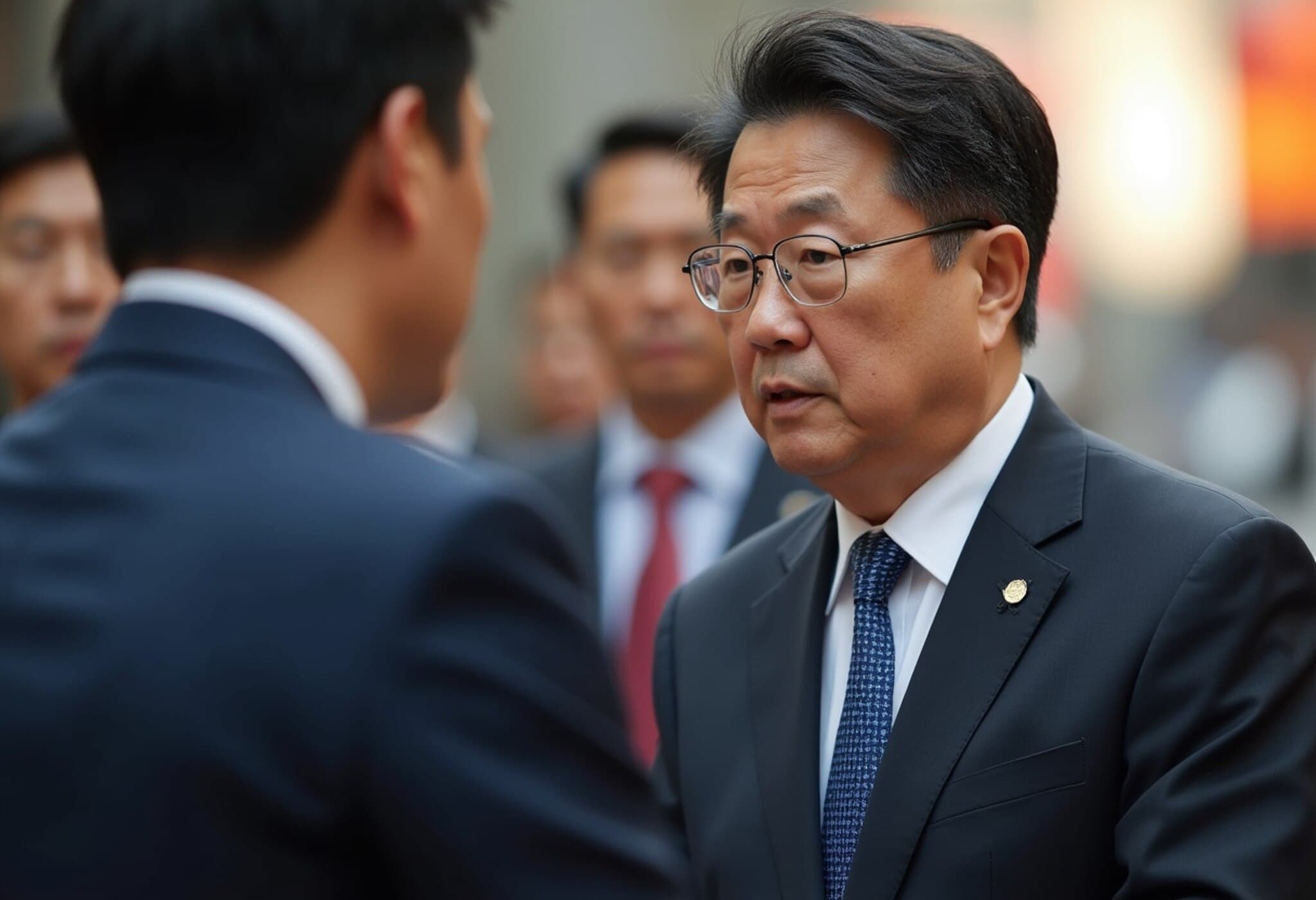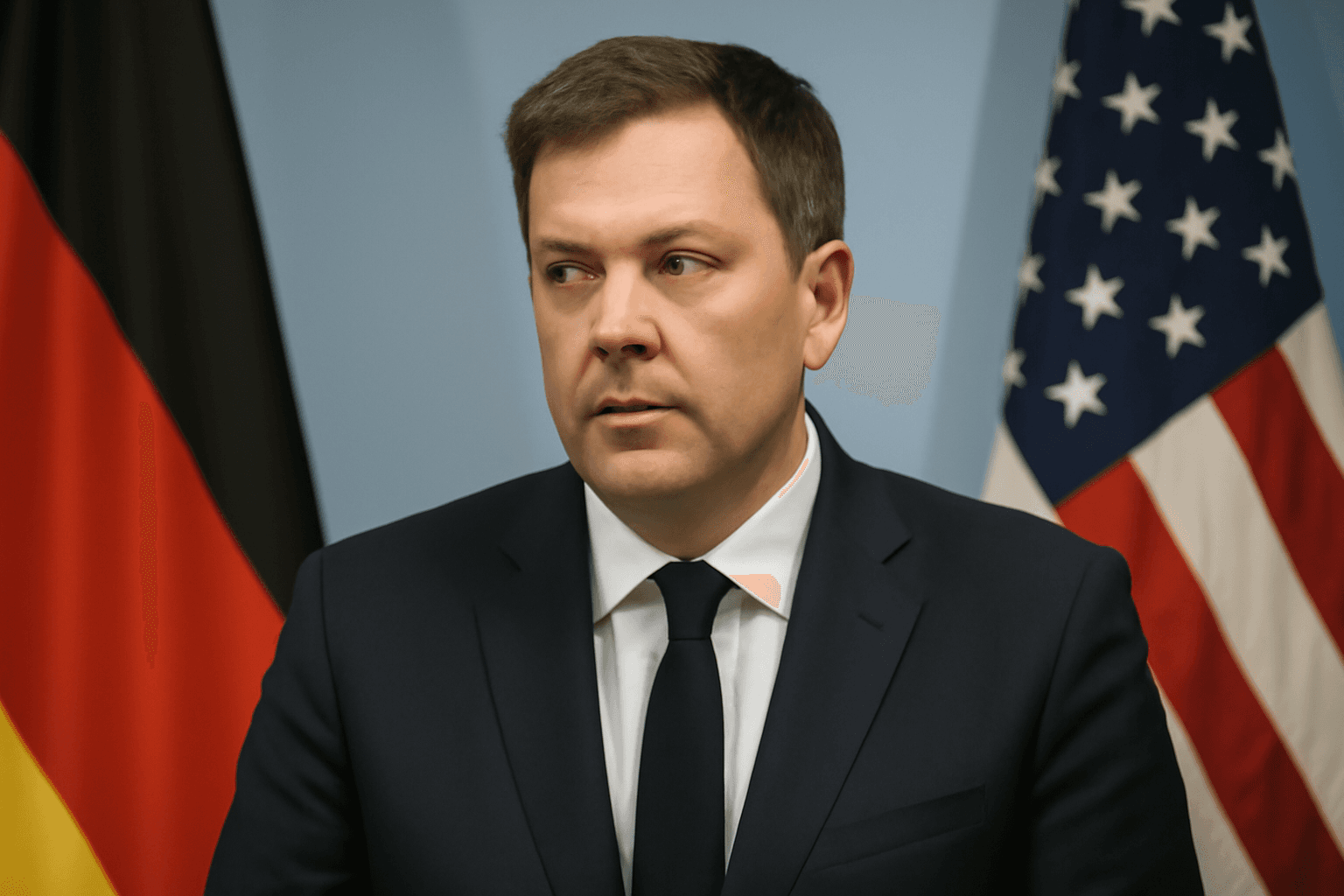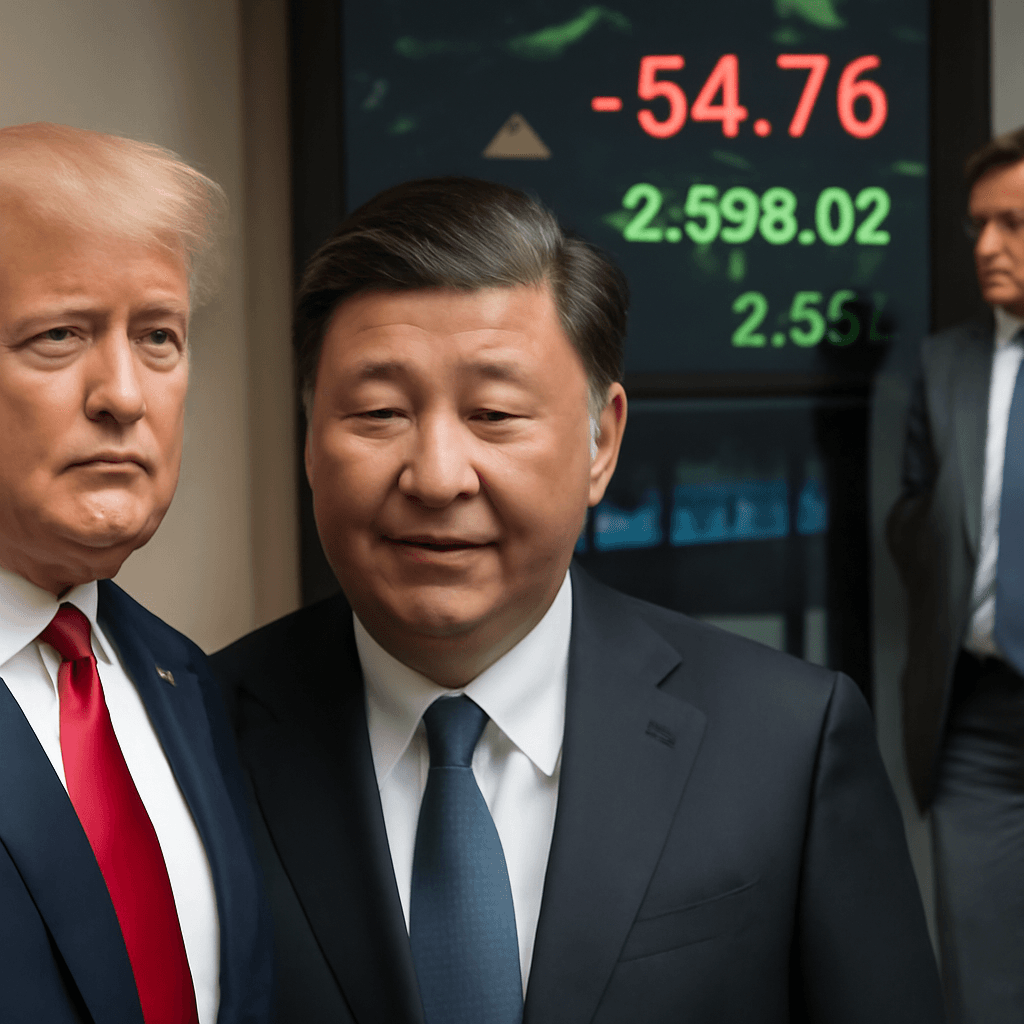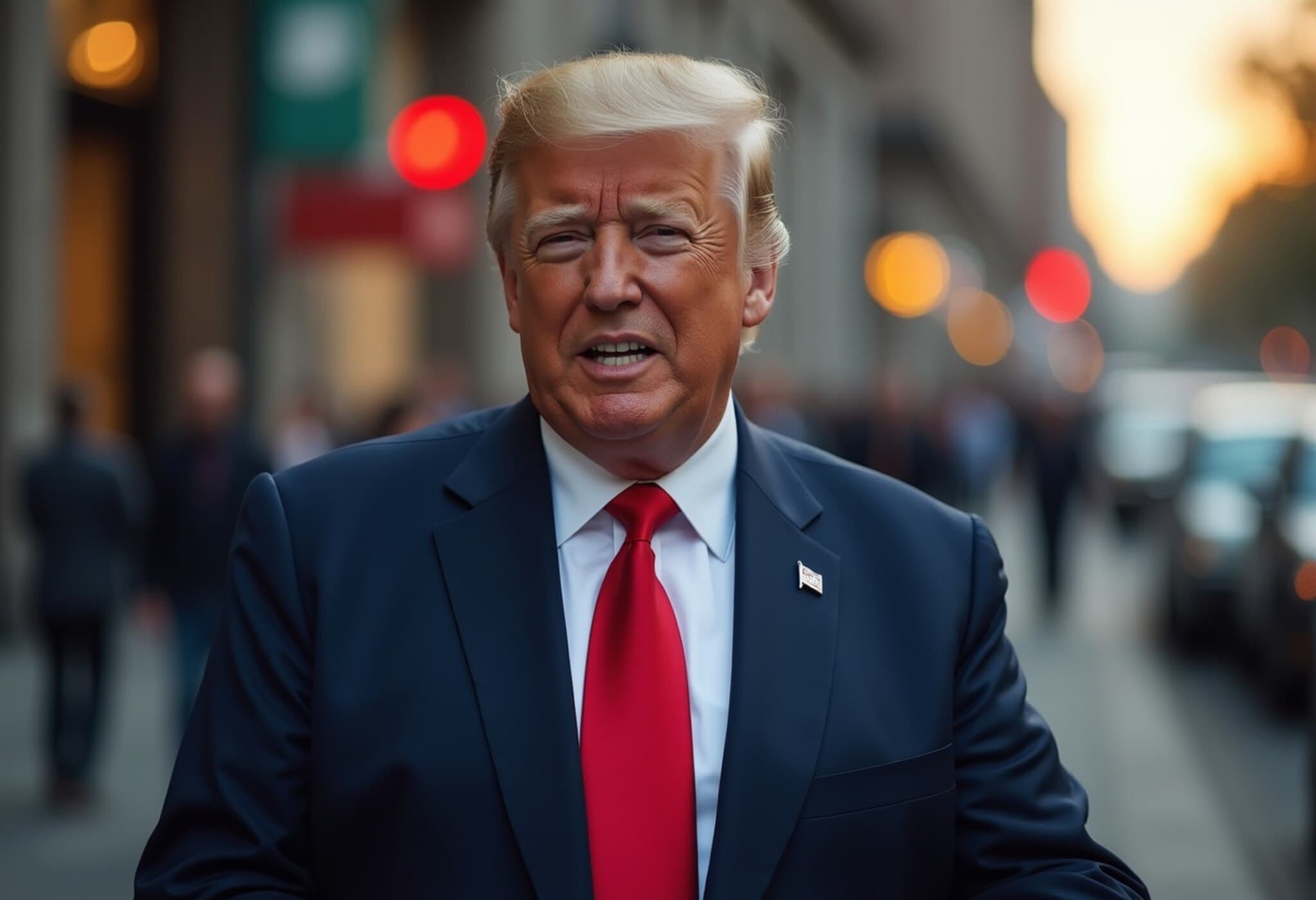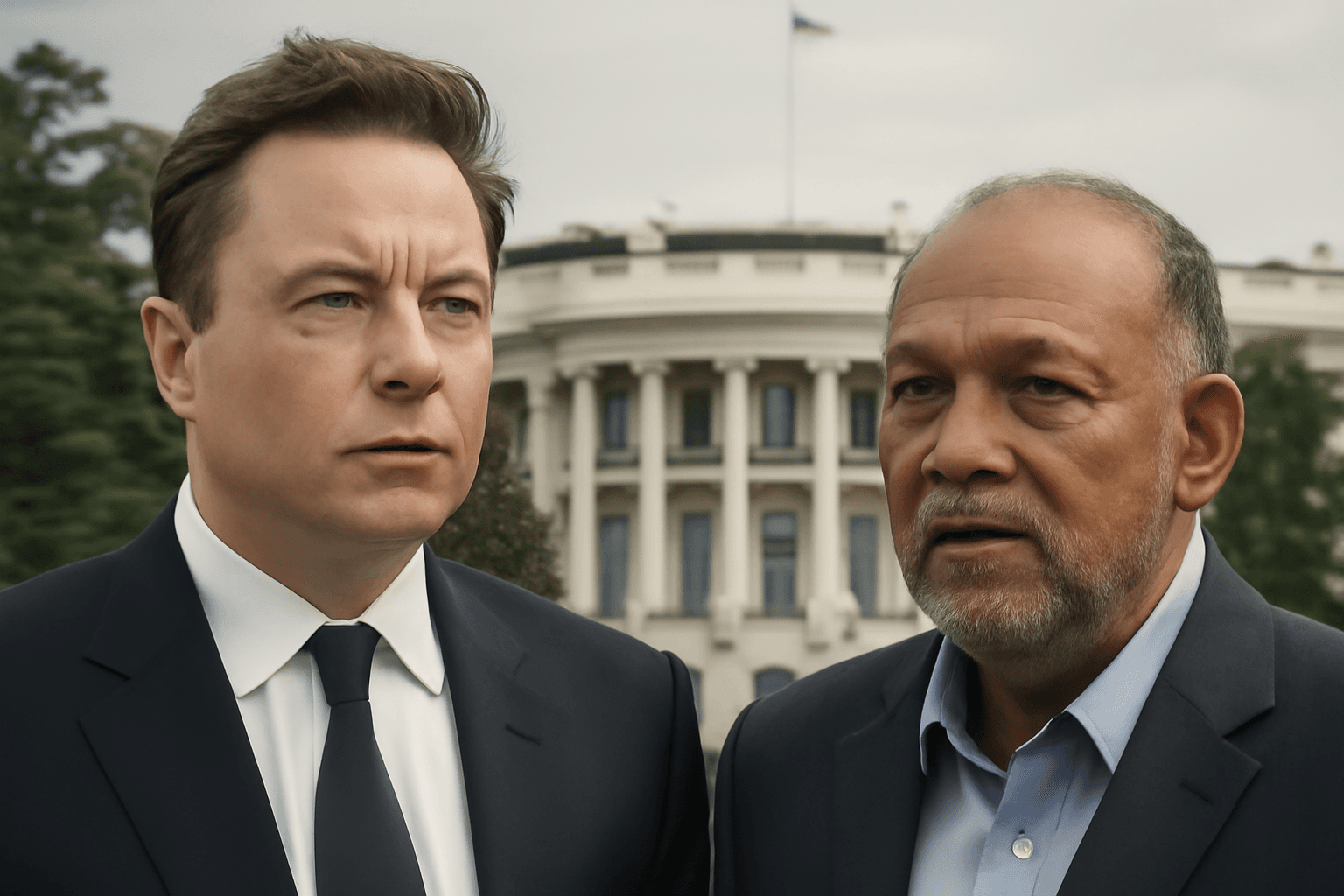In recent weeks, Vietnamese officials have been on high alert, seeking to finalize trade negotiations as the 90-day tariff reprieve approaches its expiration in early July. Talks resumed in Washington, where both nations are striving to address U.S. concerns regarding trade fraud and the re-labeling of Chinese goods.
Once devastated by conflict, Vietnam has risen to become a significant manufacturing hub and ranks among the United States' top ten exporting countries. However, the country now faces a challenging economic and diplomatic landscape, striving to maintain its status as a key export center while navigating its complex relationship with China, its primary supplier and long-standing rival.
Central to this multifaceted dilemma is a proposed 46% tariff on Vietnamese goods put forth by the Trump administration, which poses a serious threat to Vietnam's export-driven economy. U.S. officials accuse Vietnam of serving as a conduit for Chinese goods, allowing companies to evade steep tariffs. While some of this rerouting is part of legal supply chain adjustments, the U.S. administration is pressing Vietnam to demonstrate that its exports are genuinely sourced from the country.
In response to the looming tariff threat, Vietnamese leaders have hastily mobilized efforts to reach an agreement before the deadline. The urgency is exacerbated by the increasing dependency on Chinese inputs, as seen in the presence of major Chinese firms like Shein and Alibaba in Vietnam's southern industrial parks, which are packing and processing goods intended for American markets. As factories accelerate hiring to meet rising demand, questions arise over the authenticity of origin claims for many of these products.
As Priyanka Kishore, founder of Asia Decoded, noted in the New York Times, "China is Vietnam’s biggest intermediate goods supplier." Consequently, as exports to the U.S. increase, imports from China follow suit.
In an effort to combat this issue, Vietnam has established a special task force aimed at tackling smuggling and false labeling while the Finance Ministry has held discussions with U.S. Customs and Border Protection to enhance enforcement measures. Despite these initiatives, U.S. officials maintain that further action is necessary.
Peter Navarro, a key trade adviser to Trump, has characterized Vietnam as “a colony of China,” which heightens Washington's skepticism about Vietnam's trade practices. In light of these tensions, Vietnamese leaders have attempted to strengthen ties by proposing to increase purchases of American products, including Boeing aircraft and various agricultural goods. The recent construction of a Trump-branded resort in Vietnam, initiated by Eric Trump, signals an effort towards fostering positive diplomatic relations amidst challenging negotiations.
Nevertheless, Vietnam stands at a crossroads. The country’s economic success has been largely driven by foreign investment and low labor costs, yet it faces new challenges such as rising wages, an aging workforce, and environmental concerns. Particularly vulnerable are its electronics and apparel industries, which rely heavily on Chinese materials; statistics show that approximately 60% of Vietnam’s textile inputs are imported from China, as highlighted by Tran Nhu Tung of the Vietnam Textile and Apparel Association.
Tung succinctly pointed out, “Without China, we cannot make products. And without the U.S., we cannot export the finished goods.”
At the forefront of this pivotal moment is To Lam, Vietnam’s new Communist Party chief and former security figure. He has implemented sweeping bureaucratic reforms, cut 100,000 civil service jobs, and has proclaimed an “era of national rise,” with ambitions of achieving double-digit growth by 2030 and reaching $100 billion in semiconductor exports by 2050. However, experts caution that substantial progress hinges on reforming Vietnam’s outdated economic framework, which remains heavily reliant on underperforming state-owned enterprises and politically affiliated conglomerates, as reported by The Economist.
To enhance economic resilience, Lam is urged to consider simplifying business licensing processes, liberalizing credit access for small enterprises, and reducing dependency on Chinese markets without causing rifts in relations. Nonetheless, such transformations may antagonize entrenched political interests.

